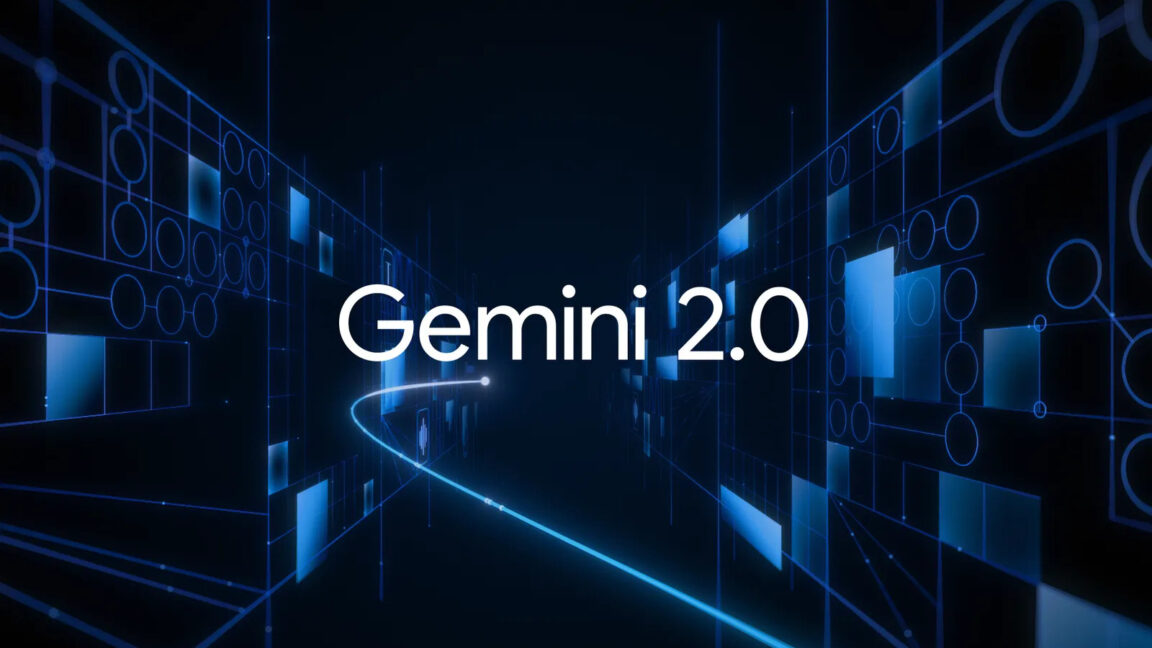December 12, 2024:

On Wednesday, Google unveiled Gemini 2.0, the next generation of its AI-model family, starting with an experimental release called Gemini 2.0 Flash. The model family can generate text, images, and speech while processing multiple types of input including text, images, audio, and video. It’s similar to multimodal AI models like GPT-4o, which powers OpenAI’s ChatGPT.
“Gemini 2.0 Flash builds on the success of 1.5 Flash, our most popular model yet for developers, with enhanced performance at similarly fast response times,” said Google in a statement. “Notably, 2.0 Flash even outperforms 1.5 Pro on key benchmarks, at twice the speed.”
Gemini 2.0 Flash—which is the smallest model of the 2.0 family in terms of parameter count—launches today through Google’s developer platforms like Gemini API, AI Studio, and Vertex AI. However, its image generation and text-to-speech features remain limited to early access partners until January 2025. Google plans to integrate the tech into products like Android Studio, Chrome DevTools, and Firebase.
The company addressed potential misuse of generated content by implementing SynthID watermarking technology on all audio and images created by Gemini 2.0 Flash. This watermark appears in supported Google products to identify AI-generated content.
Google’s newest announcements lean heavily into the concept of agentic AI systems that can take action for you. “Over the last year, we have been investing in developing more agentic models, meaning they can understand more about the world around you, think multiple steps ahead, and take action on your behalf, with your supervision,” said Google CEO Sundar Pichai in a statement. “Today we’re excited to launch our next era of models built for this new agentic era.”